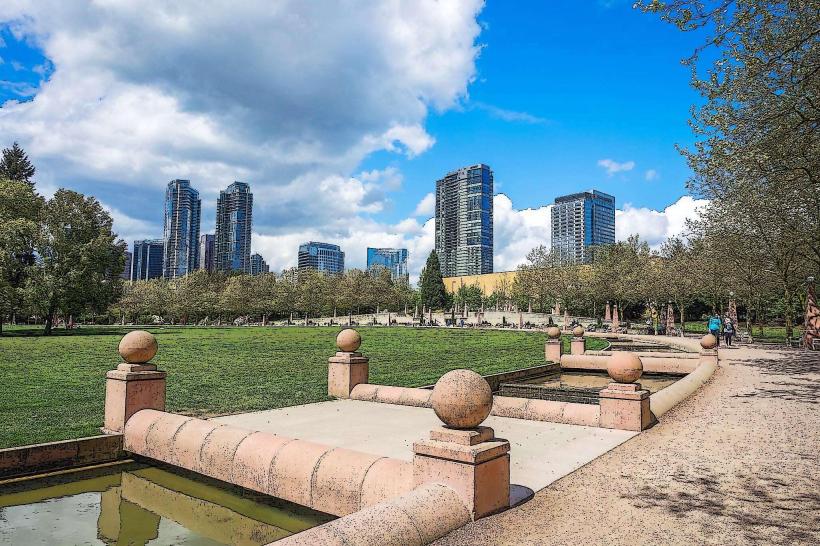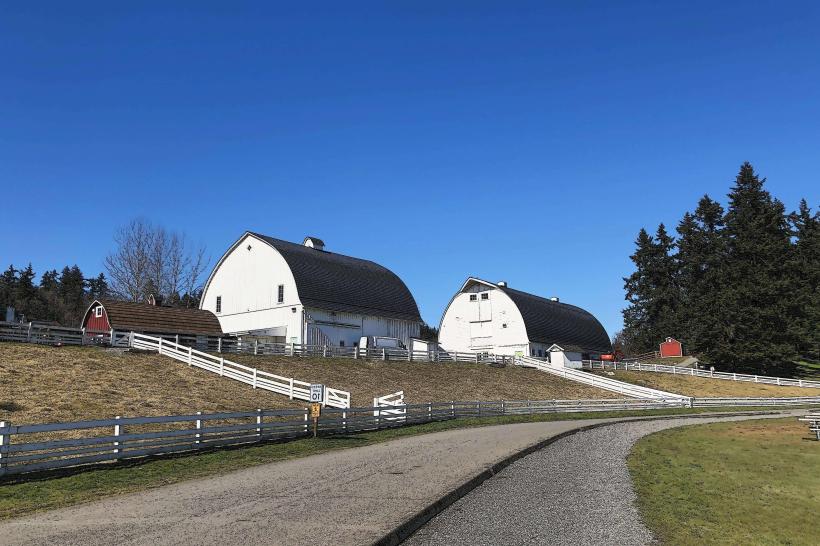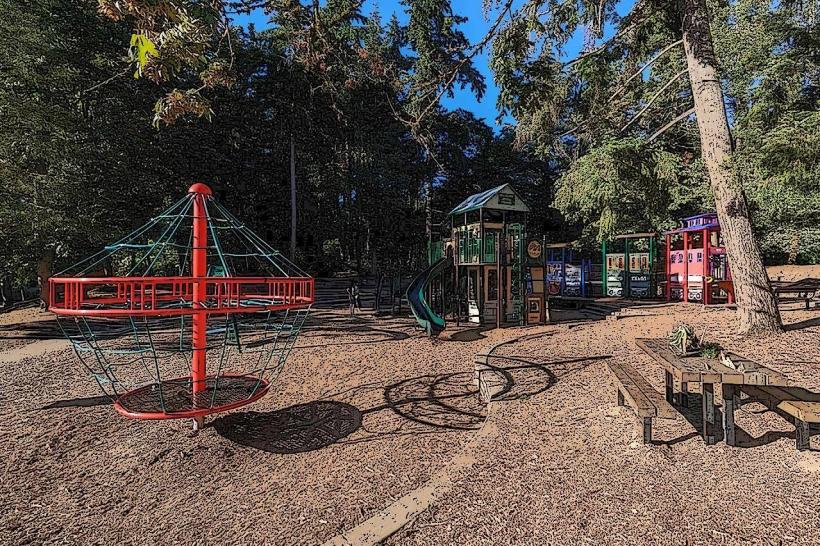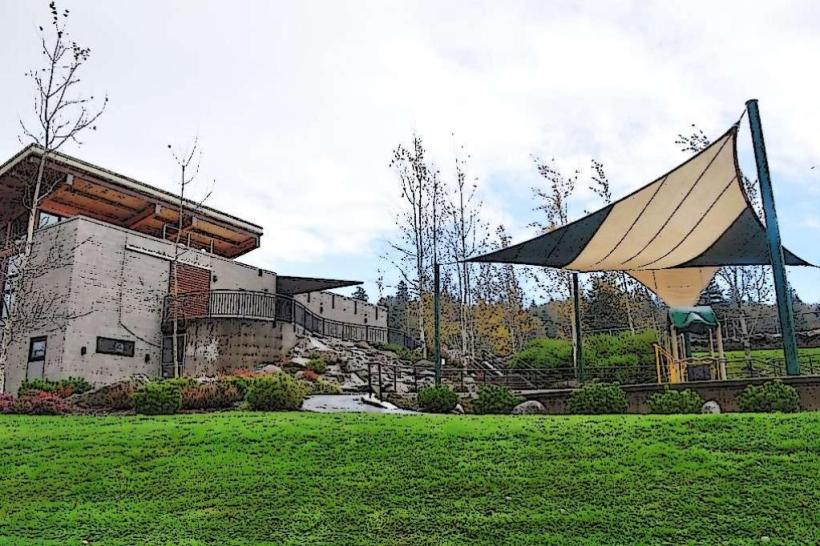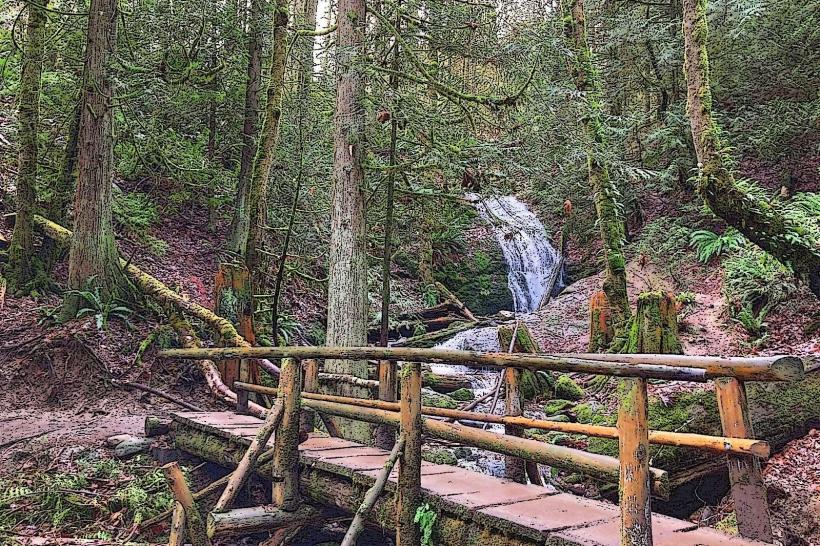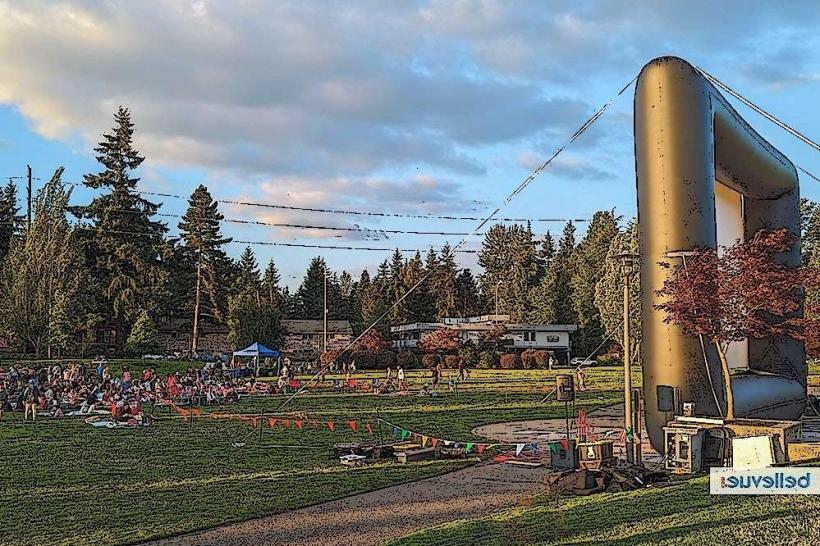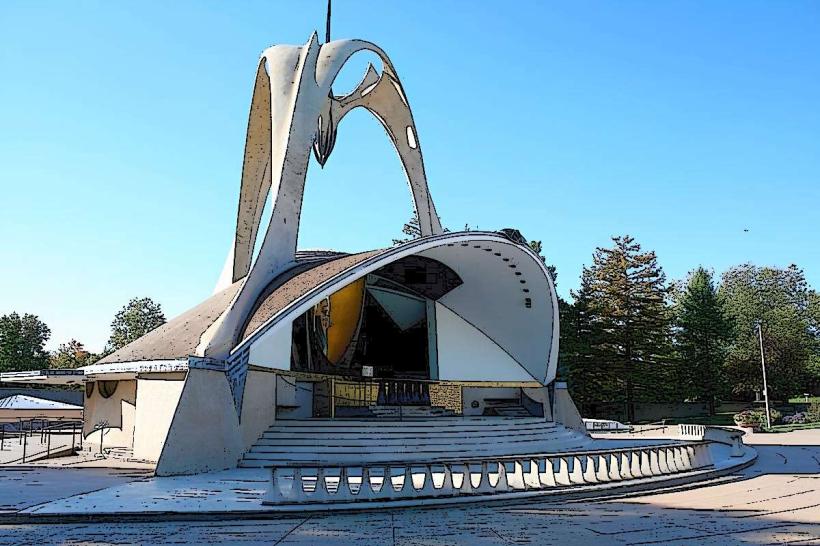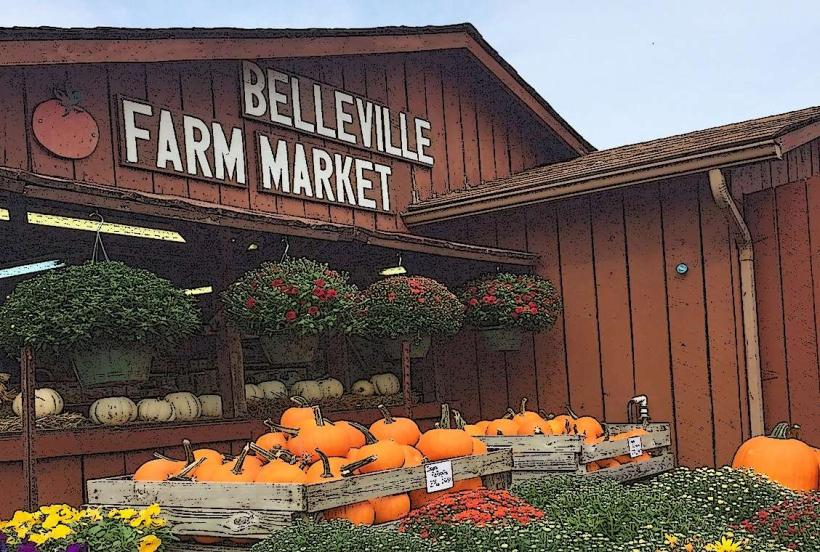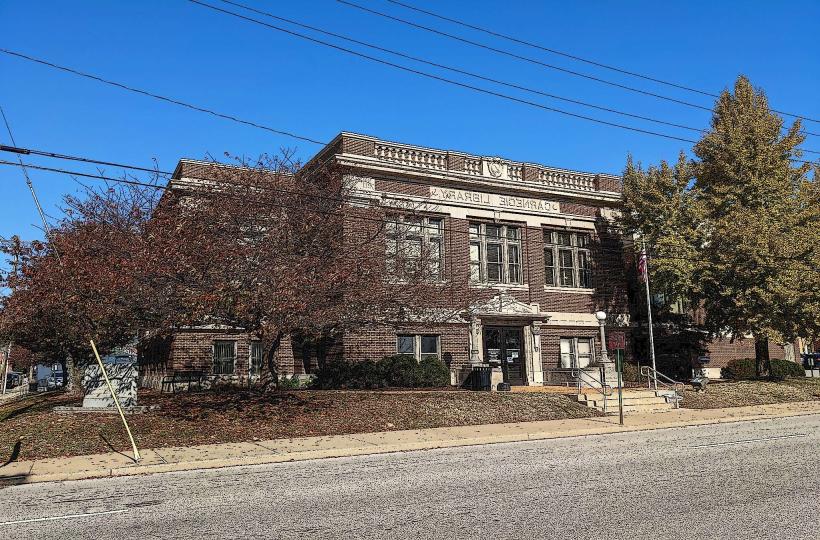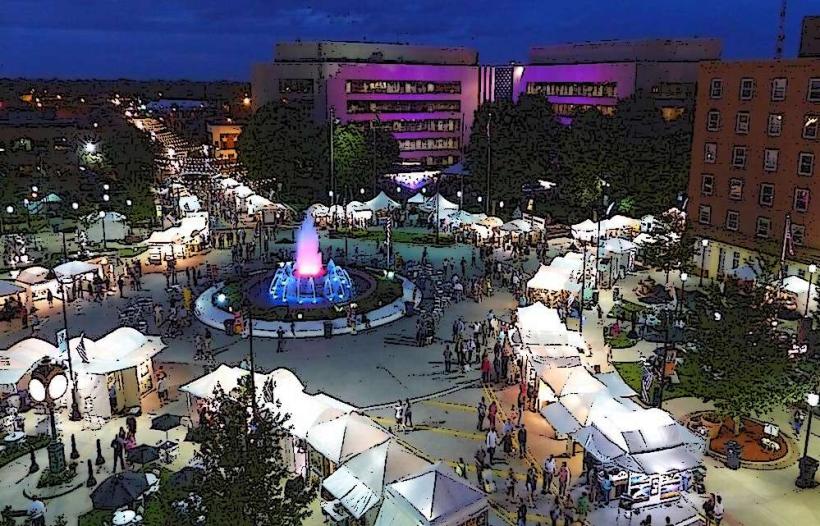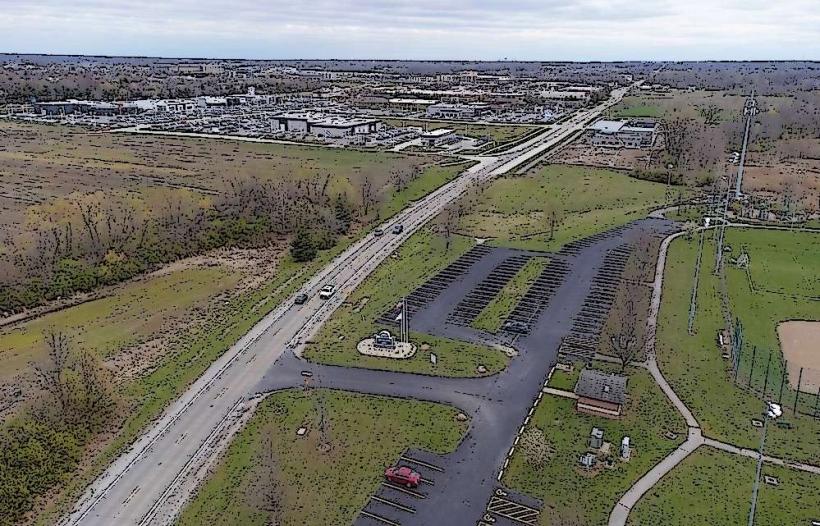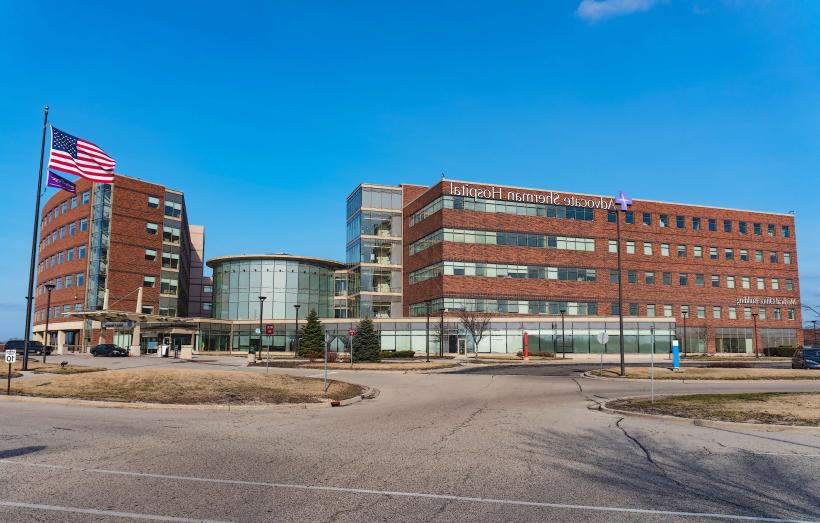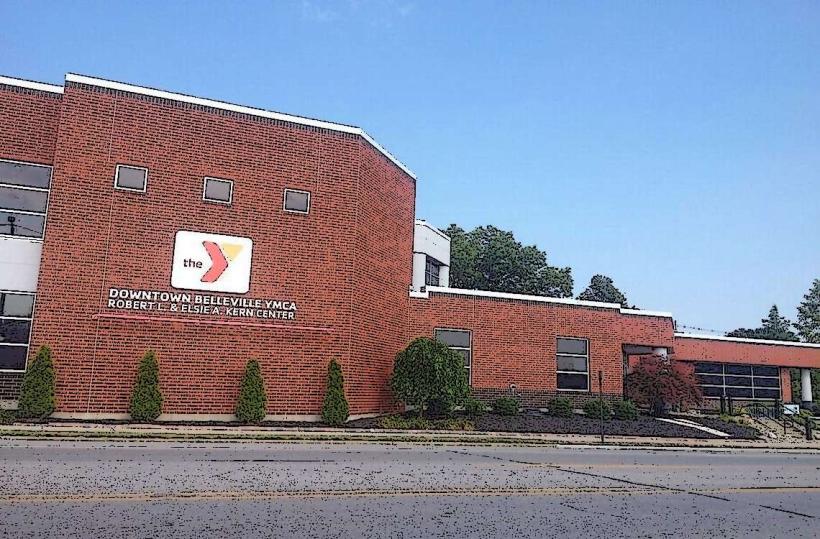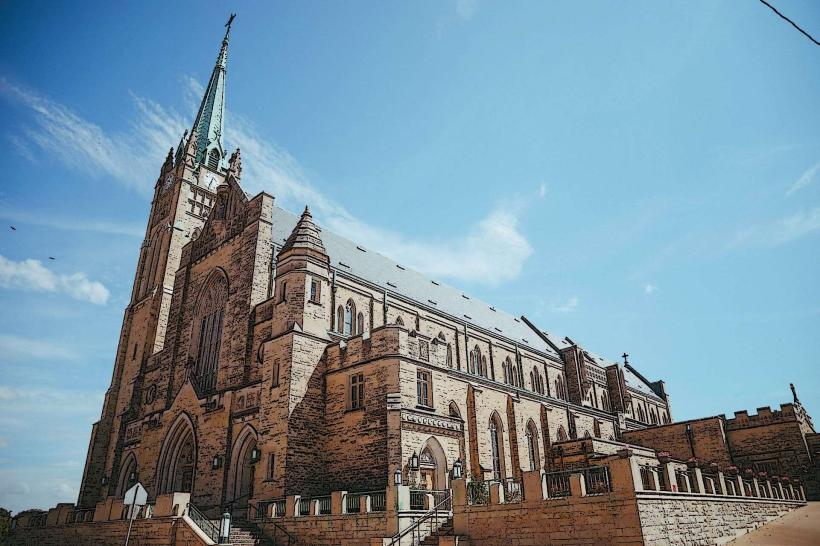Information
Landmark: Belleville Historic DistrictCity: Belleville
Country: USA Illinois
Continent: North America
Belleville Historic District, Belleville, USA Illinois, North America
The Belleville Historic District is a designated area in Belleville, Illinois, USA, preserving early 20th-century architecture.
This district encompasses a collection of historically significant buildings and streetscapes that reflect the city's development.
Visual Characteristics
Buildings in the Belleville Historic District primarily feature brick construction, with some examples of limestone and wood detailing. Architectural styles represented include Italianate, Queen Anne, and Colonial Revival. Structures generally range from two to four stories in height. Facades often exhibit decorative cornices, bay windows, and varied fenestration patterns. Streetscapes are characterized by mature trees and original or replicated period street lighting.
Location & Access Logistics
The district is located in the central business district of Belleville, Illinois. It is approximately 25 kilometers (15.5 miles) southeast of downtown St. Louis, Missouri. Access is via Interstate 64, exiting onto Illinois Route 159 (North Illinois Street). Parking is available in metered street spots and in several public parking garages, including the Belleville Parking Garage at 101 South Illinois Street. Public transportation is served by the St. Clair County Transit District, with bus routes such as the #15 and #17 providing service to the downtown area.
Historical & Ecological Origin
The Belleville Historic District was established to protect buildings constructed primarily between 1890 and 1940. These structures represent the commercial and residential growth of Belleville during its period of industrial expansion. The district's origin is tied to the city's role as a manufacturing and agricultural center in southwestern Illinois. There is no specific ecological origin as it is a man-made urban environment.
Key Highlights & Activities
Visitors can observe the architectural details of the historic buildings. Walking tours focusing on architectural history are available through local historical societies. The district contains a variety of retail shops, restaurants, and cafes. The Belleville Public Library, located within the district, offers historical archives. The annual Belleville Chili Cook-Off and the Christkindlmarket are held in the vicinity during specific times of the year.
Infrastructure & Amenities
Public restrooms are available in the Belleville Parking Garage and at some businesses. Shade is provided by mature trees along sidewalks and awnings on some storefronts. Cell phone signal (4G/5G) is generally strong throughout the district. Food vendors and restaurants are numerous within the district and immediately adjacent areas.
Best Time to Visit
For optimal lighting for photography of building facades, early morning (8:00 AM - 10:00 AM) and late afternoon (4:00 PM - 6:00 PM) are recommended. The best months for visiting are April through October, offering moderate temperatures. Spring and fall foliage can enhance the visual appeal of the tree-lined streets. No specific tide requirements apply.
Facts & Legends
A notable historical fact is that Belleville was the birthplace of the first German-language newspaper west of the Mississippi River, the "Anzeiger des Westens," founded in 1839. While not strictly within the district, the building that housed its operations is nearby.
Nearby Landmarks
- St. Clair County Historical Society Museum: 0.3km West
- Belleville Public Library: 0.1km North
- Lincoln Theatre: 0.2km Southwest
- Bicentennial Park: 0.4km East



